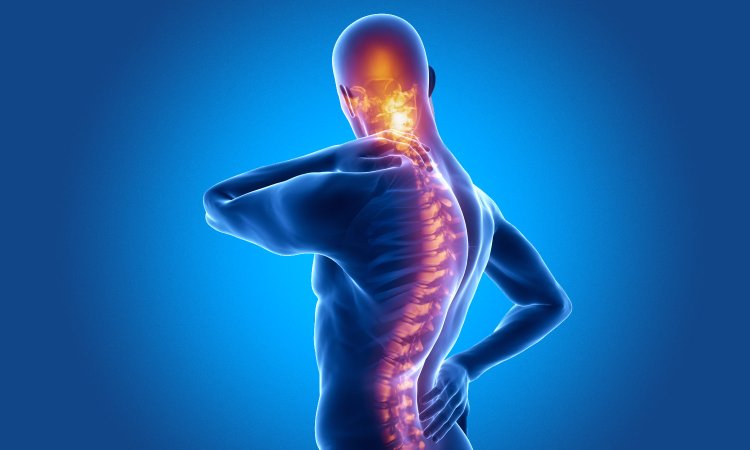Experts suggest newer and advanced Treatment therapies for Ankylosing Spondylitis

Hyderabad: Affecting about 1.65 million in India alone, Ankylosing Spondylitis (AS) is a painful chronic inflammatory disease primarily affecting the spine and sacroiliac joint. AS is a type of arthritis that primarily affects the spine but can also affect other joints. With advanced treatment options like biologics, it can help in slowing down the structural damage progression caused by AS and aim at preventing bone fusion, which could be disabling.
Delayed diagnosis, leading to deferred treatment, has also emerged as a significant challenge. Patients usually tend to consult an orthopaedic or a physiotherapist before they reach a specialist (rheumatologist), which in most cases results in a delay by an average of 7 to 10 years. This can cause irreversible structural damage to the spine which can adversely affect a patient’s mobility and quality of life.
Dr. Sarath Chandra Mouli, Rheumatologist, Hyderabad, said, “It’s critical to raise awareness about Ankylosing Spondylitis (AS) because there are many misconceptions that delay diagnosis. AS is a male-predominant disease that primarily affects young people, particularly those under the age of 45. Although genetics (HLA-B27) play a role in 90% of cases, symptoms such as backaches should not be ignored. In some cases, there is a distinct pain in the sacroiliac joints (over buttocks), mostly while resting or after a period of sleep. AS may also affect the neck and other joints in the limbs.”
In the past, traditional therapy such as physiotherapy or anti-inflammatory drugs were the only available treatment options. While they helped in reducing pain, it did not help in improving the quality of life. However, advance treatment options such as biologics have shown a sustained improvement and slowed down the radiological progression, allowing AS patients an opportunity to have a better quality of life. Biologics not only help reduce the inflammatory pain but also reduces the risk of other health conditions related to AS such as eye inflammation, cardiovascular diseases and even depression.
“Regular exercise prevents joint stiffness and does not impair patient mobility. Anti-inflammatory pain killers and disease modifying drugs are prescribed for mild to moderate cases, but biologic drugs are strongly advised for severe cases. A minimum of 45 minutes of yoga per day, combined with swimming, aerobic exercises and physiotherapy, can help keep symptoms at bay. If adhered to proper treatment and exercises, patients suffering from AS can lead a normal work life.”
Biologics have dramatically transformed the lives of millions of people with AS. Once a patient is diagnosed with AS, it is advisable to visit a rheumatologist and adhere to timely treatment and lifestyle management.















































